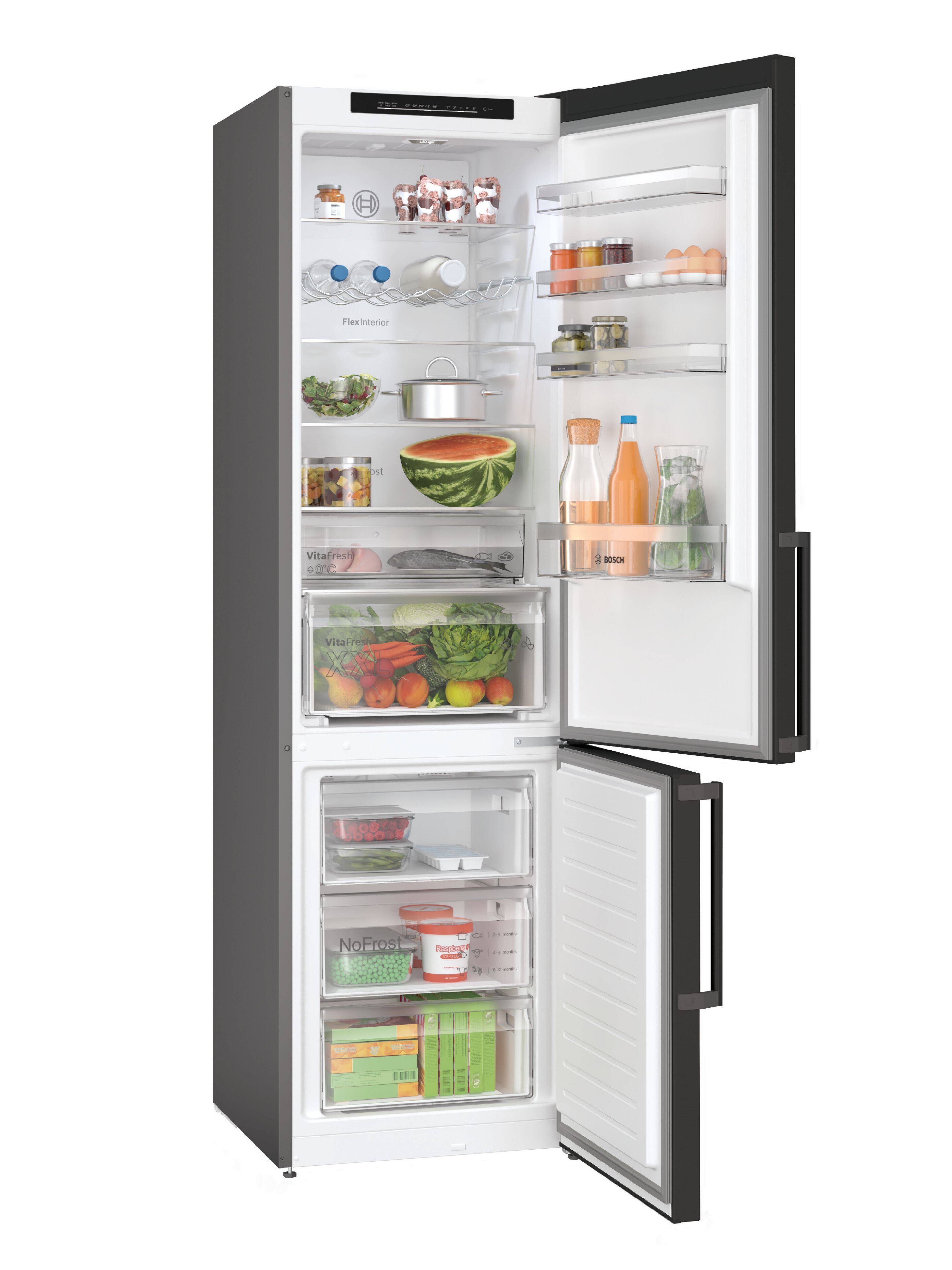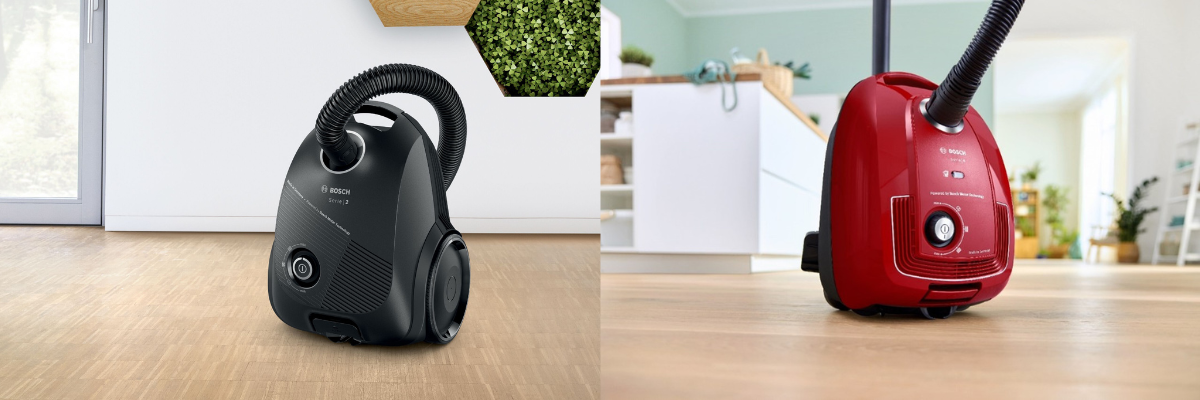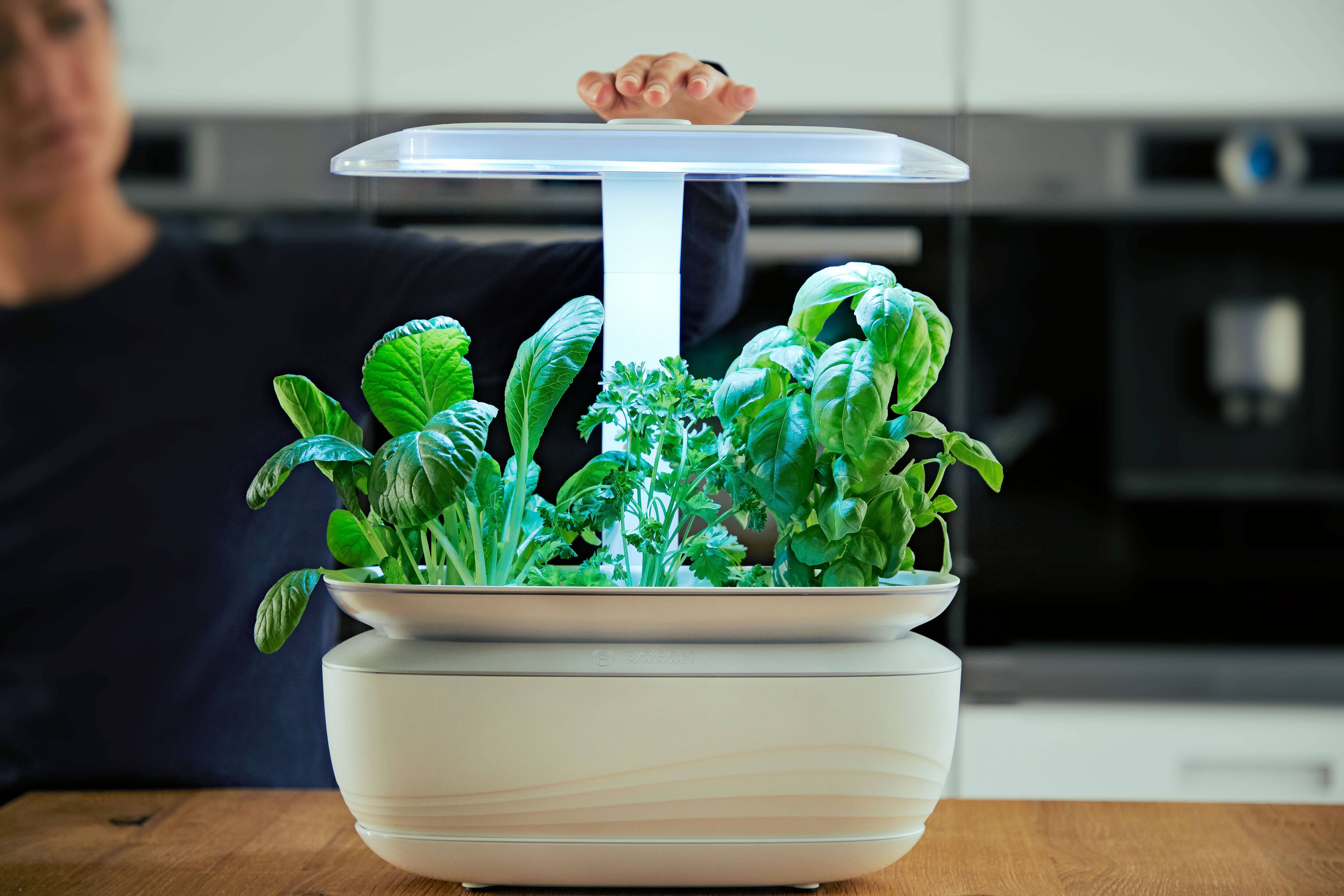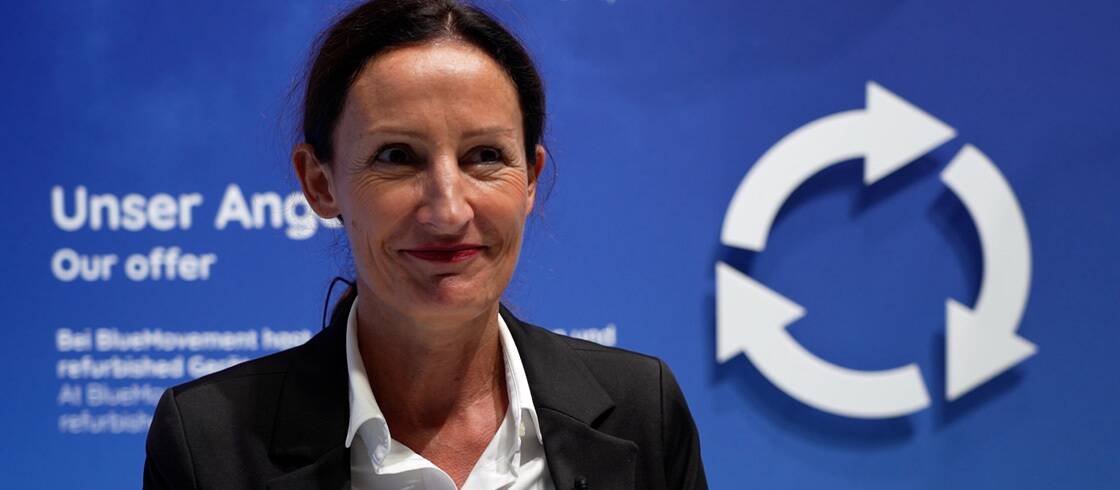Making Consumption More Sustainable with Our IFA Innovations
Reading time for this article: 9 minutes
People looking for ways to make their household routines a little more sustainable often end up going for the obvious: appliances that help save water and energy. But thanks to its new products and services, BSH now offers a host of other ways to help consumers reduce their carbon footprint. At IFA, we showcased the world of possibilities out there already.
Making your life more sustainable isn’t always as easy as one might think. There is no one-size-fits-all solution for every consumer worldwide. That’s because lifestyles and their corresponding appliance use is completely different. Consequently, the need for a wide range of functions, conveniences and innovations is completely different. And the budget available is obviously different.
“At BSH, we’re focusing globally on a broad product portfolio in every price category to make sustainable home appliances affordable for as many people as possible.”
“In certain regions, washing dishes in a dishwasher rather than by hand is enough to make a big difference,” says Christine Betz, Chief Sustainability Officer at BSH. “That cuts water consumption by around 90 percent and reduces energy consumption by roughly 30 percent. Reducing the amount of CO2 generated during the production of our home appliances and then powering them with green electricity is especially sustainable.”
At this year’s IFA, BSH presented products and services that enable consumers to make their own personal contribution to protecting the climate and the environment in a variety of ways. Besides the all-important issue of saving water and energy, the focus on three strategic sustainability levers is increasing: “First, we want to get our company fit for the requirements associated with circularity, and make it possible for products and materials to live more than one life,” Betz explains. “Second, we want to make half of the materials in our products from recycled goods by 2030. Third, even as we aim to grow our sales, we want to reduce our indirect carbon emissions by 15 percent by 2030 when sourcing materials from our suppliers.”
Storing food more sustainably
Our very own Little Foot combination refrigerator and freezer gives consumers the power - for the first time - to improve their individual carbon footprint when they make a purchasing decision. Its carbon footprint is 33 percent lower than competing models, which have so far been made from conventional materials. By using reduced-carbon steel, as well as bio-based plastic and foam made on a carbon-neutral basis, our Little Foot generates a whopping 100 kilograms less CO2 during production. With an energy efficiency rating of B, the appliance is also economical to use.
Read more about the technical details and the fast market launch here.
Depending on a household’s circumstances, such as the use of green electricity or their available budget, our consumers can now make a conscious decision for fewer CO2 emissions resulting from the manufacturing process or fewer CO2 emissions resulting from use. One way they can reduce their carbon footprint during use is by buying an even more economical appliance with an energy efficiency rating of A.

Vacuuming more sustainably
This year, the focus at IFA was on cordless vacuum cleaners such as Unlimited 7 & 8, But from a sustainability perspective, the entry-level segment of corded vacuum cleaners, which was not presented at IFA, is truly worth a look.
The GL20S, BSH’s first sustainable vacuum cleaner, was launched on the market in the fall of 2021. The Series 2 bag vacuum is made from up to 64 percent recycled plastic and comes in a 100 percent recyclable packaging. For its Bosch motor technology, in addition to high suction power, we also promise a free 10-year warranty. After all, it makes sense from an ecological perspective for consumers to use our home appliances for a long time.
With sustainability playing an increasingly important role in buying decisions, the colleagues from Consumer Product Division have already started tackling the next project. With a critical look at the design and development of the Bosch Series 2, the most important sustainability aspects for our consumers were identified: These include high quality and long service life, the recyclability and interchangeability of any parts, the use of resource-saving material, and the product's origin in Germany.
The result of their efforts is the GL38 (Series 4 bag vacuum cleaner), which consists of up to 38 percent recycled plastic. In addition to the free ten-year warranty promise for the Bosch motor technology, there are also entirely new aspects. On the one hand, the brand promises a service life of ten years, which goes hand in hand with the long availability of spare parts. On the other hand, the box is now made of 95% recycled material and contains compostable and recyclable packaging of the individual components. In addition, the vacuum cleaner's filters can be washed to ensure a long service life
The GL38 will be launched on the market in September 2022.

Gardening more sustainably
SmartGrow Life is still a good example of products designed for circularity with a reduced carbon footprint, and social responsibility, in mind.
All of the white plastics used in the SmartGrow are 100 percent recycled. Coupled with its sturdy modular design, this ensures durability, reusability and recycling capability while also preventing waste. In this way, SmartGrow embodies the concept of circularity, in which products and materials are used more than once because they are recycled and repurposed.
The packaging, which is made chiefly from recycled material, is also EPS-free. In addition, the technology offers extended durability, with both the LEDs and the pump motor, used to water the plants, designed for a useful life of ten years based on internal testing.
At the same time, the SmartGrow also reflects our commitment to social responsibility. All plant consumables are produced by a nonprofit social organization that employs people with special needs.
And the SmartGrow team is already working on the next steps. Discussions are currently underway with suppliers regarding targeted recycling at the end of the product’s useful life. The plastic parts will then be processed into granulate, which can be used as a raw material for new products.
 SmartGrow Life Indoor Garden
SmartGrow Life Indoor Garden
Using appliances more sustainably
BlueMovement is a service brand of BSH that make consumers’ lives easier, more sustainable and more affordable by leasing home appliances. The concept was successfully launched in the Netherlands in 2017 and has also been available in Germany since May 2021.
In exchange for a fixed monthly fee, BlueMovement provides the entire Bosch product portfolio, from entry-level to premium-quality appliances. Certain overhauled pre-owned products, such as washing machines, are also available.
From an ecological perspective, the rental concept offers an unbeatable advantage compared to the conventional sales model: After use, all appliances are returned to BlueMovement. No washing machines end up in a landfill as electronic waste. No food processors end up being taken apart, thrown away and later incinerated. Taking back every product allows us to ensure that the appliances keep getting reconditioned, reused for spare parts, or recycled.
The selection of appliances available through BlueMovement shows that this aspect is becoming increasingly important. Roughly one-third of consumers who use BlueMovement have decided to go with an overhauled pre-owned washer.





